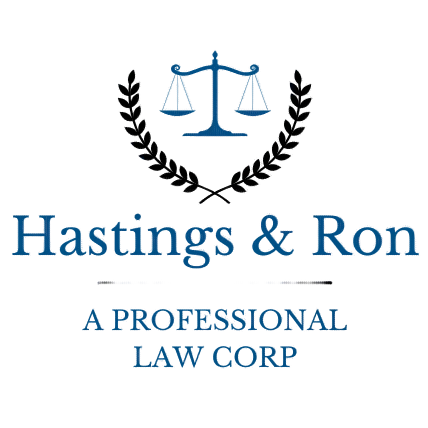Chapter 7 Bankruptcy
1. What is Chapter 7 bankruptcy?
Chapter 7 bankruptcy is a legal process that allows individuals to eliminate certain unsecured debts such as credit cards, medical bills, payday loans, and personal loans. It’s often referred to as a “liquidation” bankruptcy, but many people are able to keep all of their assets thanks to California’s generous exemption laws.
2. How long does the Chapter 7 process take?
Most Chapter 7 cases are completed within 3 to 4 months from the date of filing.
3. Will I lose all my property if I file?
Not necessarily. California law allows exemptions that protect many assets, including your home equity, vehicle, retirement accounts, and personal belongings.
4. What is the bankruptcy means test?
The means test determines whether your income, after IRS standard living expenses, is low enough to qualify for Chapter 7. It compares your income to California’s median income for a household of your size.
5. Can I keep my car or home?
Yes, if you’re current on your payments and your equity falls within California’s exemption limits. However, you must continue making payments if those assets are secured by a loan.
6. Will Chapter 7 stop creditor harassment?
Yes. Once you file, an automatic stay goes into effect, stopping most collection efforts, including phone calls, wage garnishments, and lawsuits.
7. How does Chapter 7 affect my credit?
While filing initially impacts your credit score, many people begin to rebuild their credit quickly. In fact, many see noticeable improvements within 12 months of filing.
8. Can I file Chapter 7 more than once?
Yes, but there are time limits. You must wait eight years between Chapter 7 filings to be eligible again.
9. Do I need an attorney to file Chapter 7?
You’re not required to have an attorney, but working with an experienced bankruptcy attorney can help ensure you qualify, protect your assets, and avoid costly mistakes.
Chapter 13 Bankruptcy
1. What is Chapter 13 bankruptcy?
Chapter 13 bankruptcy is a court-approved repayment plan that allows individuals and families to reorganize their debts over a period of 3 to 5 years.
2. Who should consider filing for Chapter 13 bankruptcy?
Chapter 13 is often ideal for:
Individuals with steady income who don’t qualify for Chapter 7
Homeowners trying to stop foreclosure
People behind on car loans
Those with non-exempt property they want to keep
3. Can Chapter 13 stop foreclosure or repossession?
Yes. Filing for Chapter 13 immediately stops foreclosure or vehicle repossession. You’ll have the opportunity to catch up on missed payments while keeping your property.
4. How does the repayment plan work?
You’ll make monthly payments to a court-appointed trustee, who then distributes the funds to your creditors. The plan typically lasts three to five years, depending on your income and debts.
5. Can I keep my property under Chapter 13?
Yes. One advantage of Chapter 13 is that it allows you to keep non-exempt property that would otherwise be sold in a Chapter 7 case, as long as you can afford the repayment plan.
6. What happens to my unsecured debt (like credit cards)?
In many cases, you’ll pay only a portion of your unsecured debts through the plan, and the rest may be discharged at the end of your term, often without interest.
7. Why should I hire a Chapter 13 bankruptcy attorney?
Chapter 13 cases are complex. According to a study by the U.S. Bankruptcy Court for the Eastern District of California, less than 1% of Chapter 13 cases filed without an attorney reach successful plan confirmation. Having an experienced bankruptcy attorney greatly improves your chances of success.
8. Will filing Chapter 13 affect my credit?
Yes, but many people find that they can rebuild their credit gradually while making consistent plan payments. Successfully completing your plan demonstrates financial responsibility to future lenders.
9. How long does a Chapter 13 plan last?
Most repayment plans last between 3 to 5 years, depending on your income and the amount of debt you owe.
Helpful Links
Bankruptcy Exemption Guide (rev. 03/19/24)
Courts & Agencies
U.S. Bankruptcy Court, Eastern District of California
U.S. Trustee Program – NationalU.S. Trustee – Region 17 [Northern and Eastern Districts of California & District of Nevada]
Codes & Rules
LLI: Legal Information Institute
Home page for Bankruptcy resources maintained by Cornell Law School.
